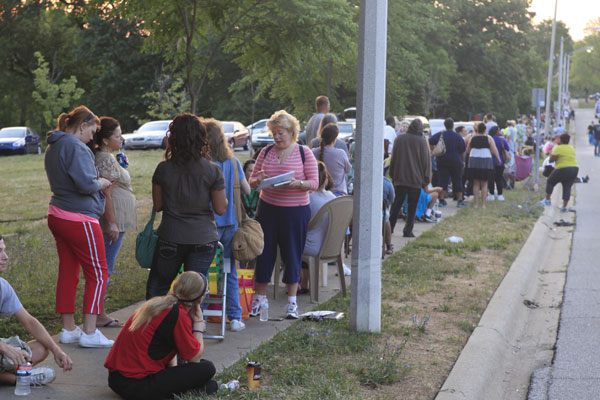Poverty: Americans Blame Welfare
Rachel Sheffield /
Americans say government welfare is the biggest reason for poverty, according to a new Wall Street Journal and NBC News poll.
“Given a list of eight factors and asked to choose the one most responsible for the continuing problem of poverty, 24 percent of respondents in the poll chose ‘too much government welfare that prevents initiative,’” reports NBC. Not surprisingly, only 4 percent of those in the survey stated lack of government funding as the top reason for persisting poverty.
On a similar note, most Americans also say that work is the best way out of poverty. Likewise, the majority of Americans, 83 percent agree that work should be required by those receiving welfare.
However, Washington’s approach to poverty has been just about the exact opposite. What has been the result of 50 years and roughly $20 trillion of government welfare? The poverty rate—perhaps more appropriately called the “self-sufficiency” rate—has not improved since the “War on Poverty” began in the 1960s. Today, government welfare dependence is high, welfare spending is high, and work rates among the poor are comparatively low.
Is it lack of job opportunity that drives poverty, as 18 percent of Americans polled in the survey said? According to Heritage Foundation expert Robert Rector: “In good economic times or bad, the typical poor family with children is supported by only 800 hours of work during a year: That amounts to 16 hours of work per week.”
Besides a lack of work, another major player in poverty is family breakdown—which came in fourth in the poll (and 13 percent gave this as the number one reason for poverty). Children in single-parent households are over five times as likely to be poor compared to children in married-parent households, and the number of children born to single mothers is at historic highs at over 40 percent.
Government welfare has failed to “strike at the causes of poverty” and “prevent it,” as Lyndon B. Johnson himself said it was intended to do.
Today’s welfare system fails to promote human flourishing. It fails to help individuals and families thrive. It is time for reform.

